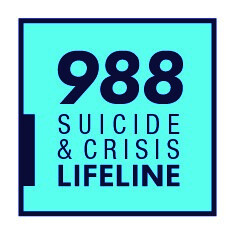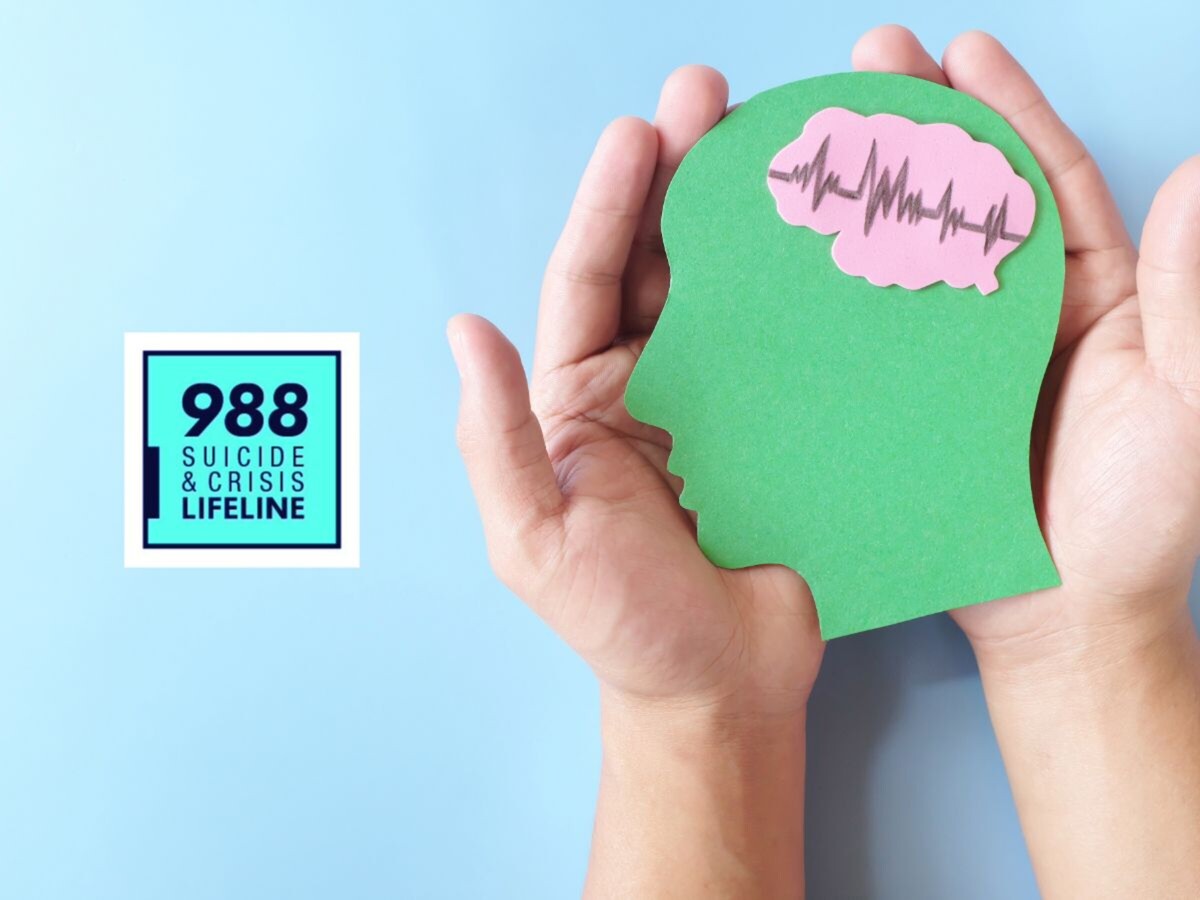$37 Million Awarded to Enhance Crisis Intervention Services in Five New Jersey Counties
 If you are having thoughts of suicide If you need mental health-related crisis support If you are worried about someone else Please call or text 988 or visit the 988 Lifeline Chat and Text to connect with a trained crisis counselor.
If you are having thoughts of suicide If you need mental health-related crisis support If you are worried about someone else Please call or text 988 or visit the 988 Lifeline Chat and Text to connect with a trained crisis counselor.New centers in Morris, Bergen, Essex, Monmouth, and Camden aim to transform local crisis response systems.
MORRIS COUNTY, N.J. - In an effort to bolster behavioral health services, the New Jersey Department of Human Services has awarded $37 million to establish Crisis Receiving and Stabilization Centers (CRSC) across five counties: Morris, Bergen, Essex, Monmouth, and Camden. Announced by Commissioner Sarah Adelman, these centers are designed to offer immediate, in-person support for individuals grappling with serious mental health or substance use crises.
Each of the five selected organizations—Center for Family Services, Care Plus NJ, Rutgers Health UBHC, Monmouth Medical Center, and Legacy Treatment Services—will receive contracts totaling $6.9 million. This funding includes up to $400,000 in one-time start-up costs for essential items such as medication refrigerators and furniture, and up to $166,666 for facility improvements.
“These centers offer a no-wrong-door access to crisis stabilization, meaning anyone in distress can go there and get immediate help,” said Commissioner Sarah Adelman. “This initiative continues our efforts to address the three pillars of the 988 continuum of crisis services in New Jersey—someone to call, someone to respond, and somewhere safe to go. These CRSCs, ‘the place to go,’ will expand access to treatment in these counties and connect residents experiencing a mental health or substance use-related crisis with services and supports to mitigate that crisis.”
CRSCs will provide a home-like, non-hospital setting for crisis intervention, accepting walk-ins and referrals from law enforcement and fire departments. The facilities aim to stabilize patients within 24 hours, preventing the need for more restrictive treatments and reducing reliance on emergency medical and police services.
“Psychiatric emergency data shows that less than 40 percent of the individuals who go to the emergency room in psychiatric crisis require inpatient treatment,” said Acting Assistant Commissioner Renee Burawski, who oversees the Division of Mental Health and Addiction Services. “CRSCs reduce unnecessary visits to the emergency department and hospitalizations by providing alternatives to traditional crisis services. They also help reduce the need for police involvement.”
Services are targeted at adults 18 and older experiencing a behavioral health crisis, with a focus on restoring functionality and reducing symptoms. By employing best practices for crisis intervention, the initiative also seeks to address long-term cost impacts by decreasing emergency room visits, police interactions, arrests, and 911 calls.
Furthermore, the initiative emphasizes diversity, inclusion, equity, and cultural competence, ensuring that services are tailored to meet the specific needs of the diverse New Jersey population. The centers will also incorporate feedback mechanisms and data analysis to refine and enhance service delivery continuously.
“These centers will provide in-person community-based treatment and supportive services 24 hours a day, 7 days a week, every day of the year,” added Commissioner Adelman. “Around-the-clock help is also available by calling or texting the 988 Lifeline, which connects people in distress with counselors trained to handle suicide, mental health, and substance use crises.”
For immediate crisis assistance, residents can contact the 988 lifeline, available in English and Spanish, with additional language support for over 250 languages. More information about New Jersey’s implementation of the 988 system can be found here.















